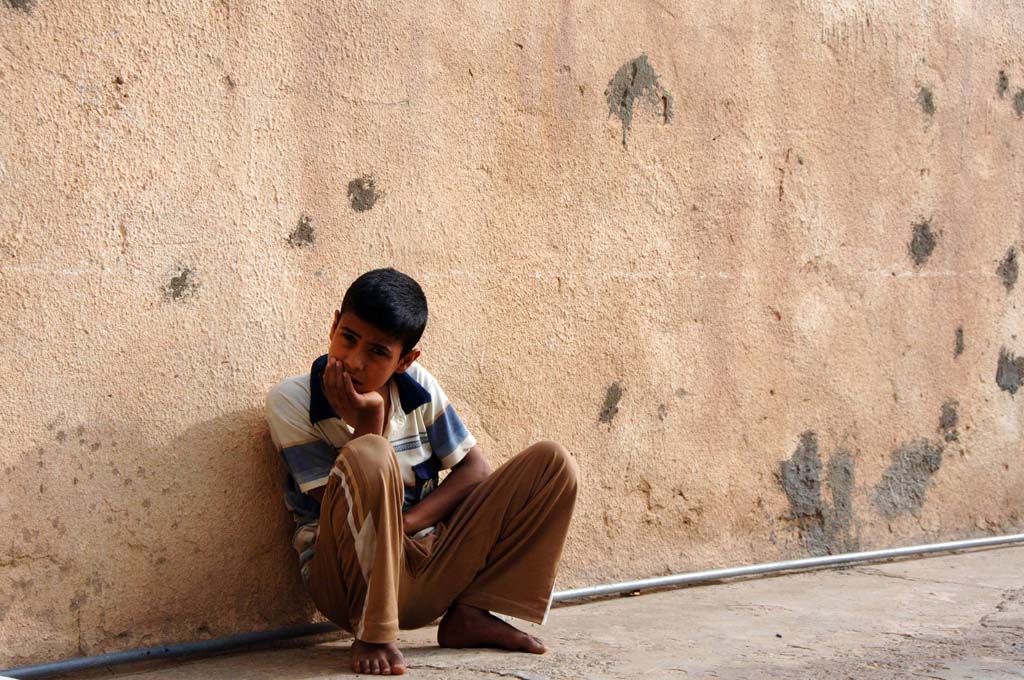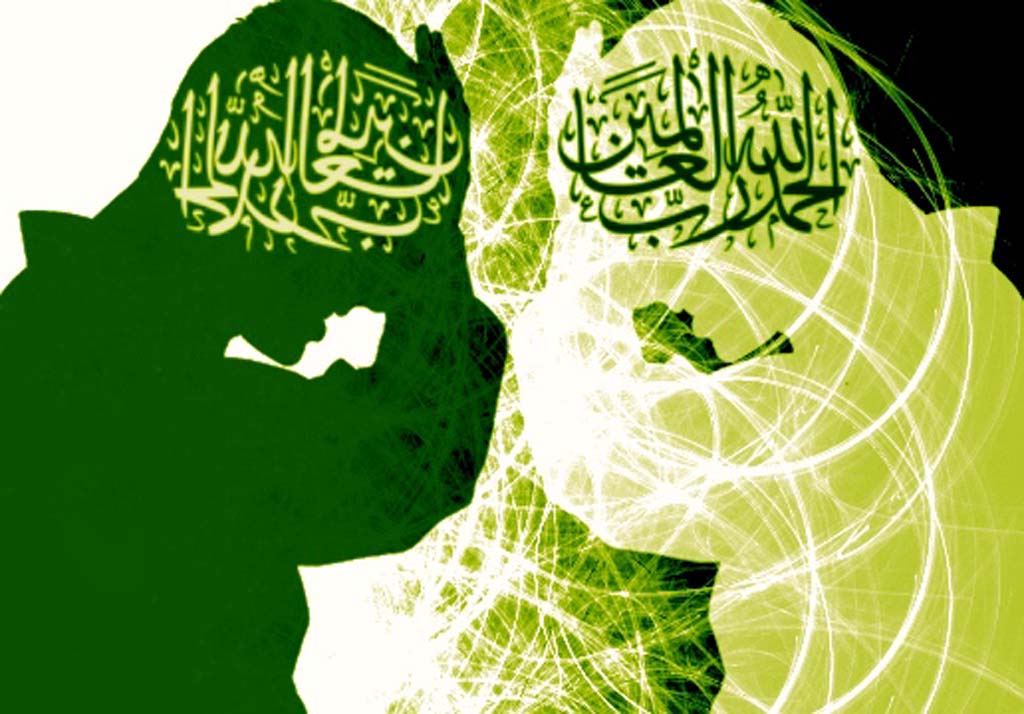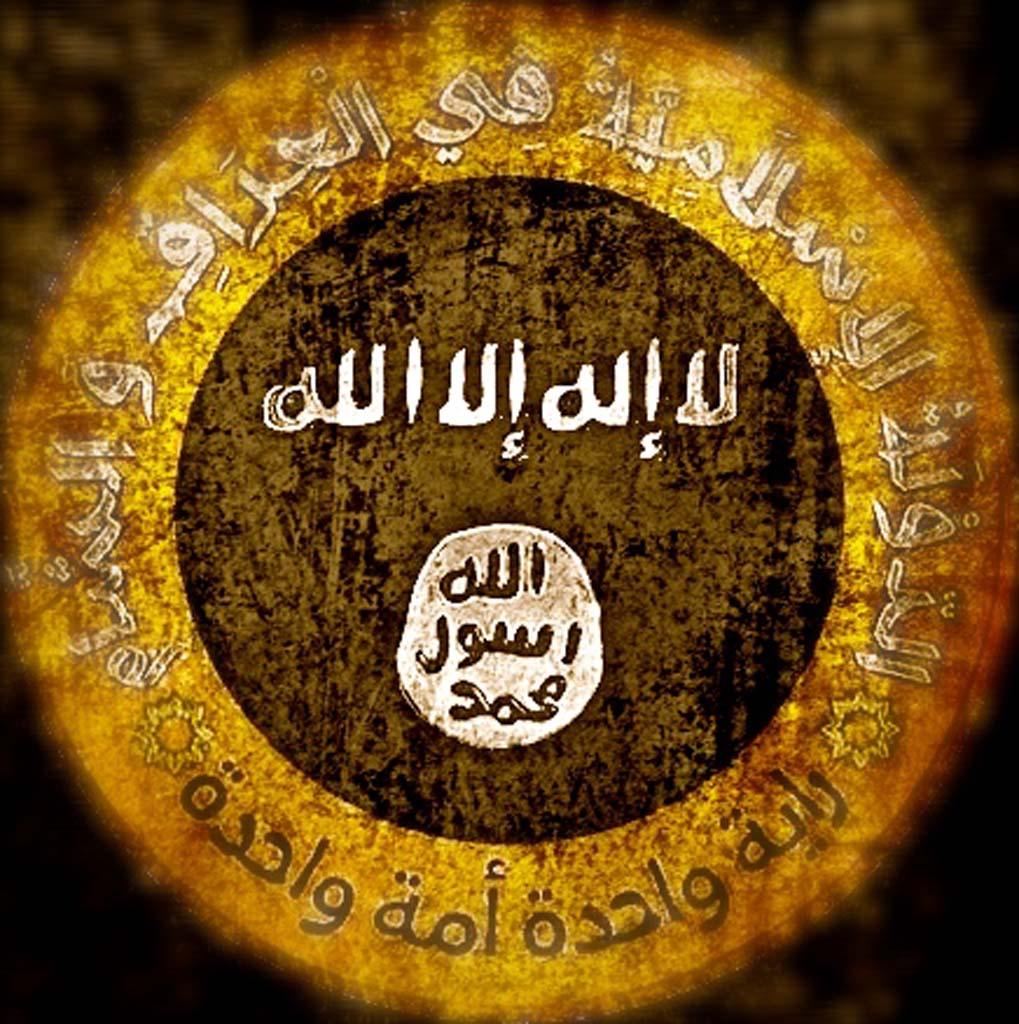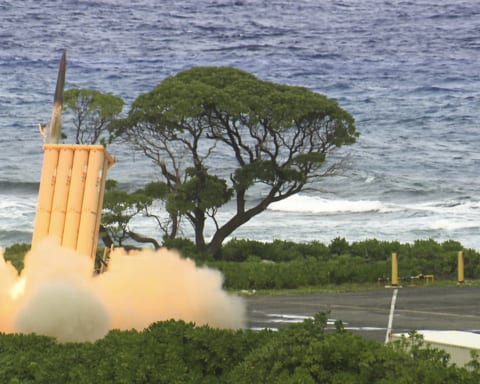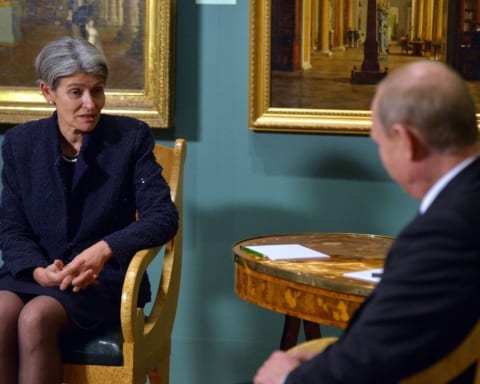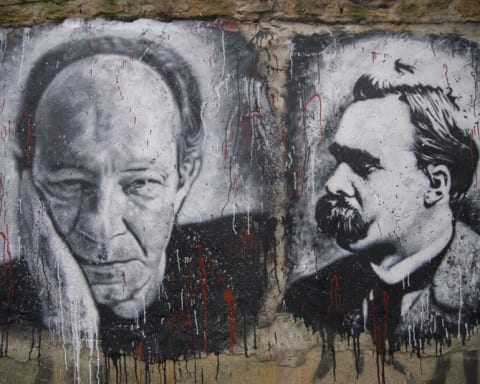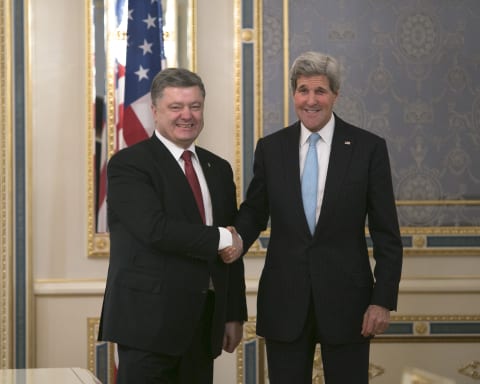The Islamic State (IS) has achieved many of its territorial and organizational goals during the past year. Operating both on the Syrian and on the Iraqi fronts, it has expended territorially, acquired new financial resources and grown in number its recruits. The rapid and vicious expansion of this well-organized Sunni jihadist group has taken by surprise the Iraqi government and it has de facto split the country between the IS, the Iraqi central government and the Kurds. The already precarious stability and unity of Iraq has been broken by the IS and to date, the country is trapped in a malicious spiral of sectorial and religious violence.
The recent evolution of the conflict may have taken some observers by surprise, but it was itself no surprise. Iraq’s current division comes as an exacerbation of pre-existing cleavages between Shia and Sunni, Iraqi and Kurds. Likewise, the Islamic State is not a newcomer, but is a terrorist group rooted in the ten-year history of jihad in Iraq. Arguably, the current state of affairs in the region comes as an output of the US adventurism in Iraq, which brought the conflict to a temporary termination, but not to a conflict resolution.
Although the presence of IS has been registered before 2013 in Syria and Iraq, the international community was only shaken by the recent escalation that caught the Iraqi army unprepared. Why did nobody see it coming? I think because an intelligence failure occurred within the international community, who underestimated the Islamic State and did not anticipate its kinetic turn. This occurred for several reasons. First, the fog of the Syrian civil war obfuscated the collection and the comprehension process of the early warnings. Second, custom thinking and the inductive approach drove the intelligence community (IC) to analyse and interpret IS as if it was similar to Al-Qaida, although the two are noticeably different organizations with different structures and goals. Custom thinking was also tied with an adaptability issue; after 9/11, it took the intelligence community years to adapt its understanding to the transnational threats of de-territorialized jihadist networks. Still today the IC has to adapt once more to transnational threats posed by a territorialized jihadist networks. Finally, the overconfidence of the former Al-Maliki government and his cognitive closure from the US government were also reasons that contributed to this intelligence failure.
Contrary to the western IC, the Islamic State clearly understood the geopolitical situation, recognized the threats and foresaw the opportunities. With an extremely pragmatic and ruthless approach, the IS was able to benefit from the divide et impera policy of Assad as it became the major opposition force to his regime in Syria, attracting further resources and recruits. On the operational level, the IS exploited the general discontent of the Sunni population against the Shia, allied with the residual Ba’athist forces, and used foreign support coming from all those states that felt threatened by the growth of Iraq as a petrostate. The same pragmatic approach was used dealing with the Kurds, which were attacked not for ideological or ethnical reasons, but instead for obtaining the control of strategic and oil-rich areas.
The Islamic State is a rational and pragmatic actor, it has ideological lenses through which it understands the world, but their ideology itself is not their core driver. For instance, it consolidates its power base with material incentives rather than relying only on ideology and religion. The population loyalty is first gained with welfare, employment, control of the prices, mass mobilization and then with ideology. Indeed, some Syrians support the IS because of its capability to fight Assad’s forces and to provide aid to the population, in the same way that some Iraqis support the IS because it represents the irredentism of the Sunni. For both the Syrians and the Iraqis, the current conflict is first and foremost a political struggle against governments, power and resources; religion is a secondary issue. Religion, paradoxically, plays a more important role internationally than locally. Let it be said, the version of Islam proposed by the Islamic State is so extremist, unhistorical and atypical that is appealing only to a small portion of the Sunni Muslim community. If in the short term, the propaganda and the ideological fervour of the IS is an effective tool to gain new recruits and capitals from foreign countries and to take the market share of Al-Qaida, in the long term it will undermine its own legitimacy. Today the political struggle of the Sunnis is going hand in hand with the radical religious struggle of the jihad, but once the former will be achieved, the latter will loose its appeal and utility. This combination of politics and jihad is both the strength and the weakness of the Islamic State. If the Sunni political struggle is addressed independently from the jihad, there are still margins for a conflict resolution. But will Iraq be pragmatic enough to separate the two issues? Will the US and Europe make the effort of opening a dialogue with the Sunnis?
Conflict termination without conflict resolution is useless, and contemporary history proves it. U.S. Secretary of State John Kerry recently said to CNN that the US coalition “is deeply committed to the effort to terminate” the Islamic State. Once more, it is all about terminating, not solving. And here we are again, bombing today, as we did yesterday and as we know we will do tomorrow.
